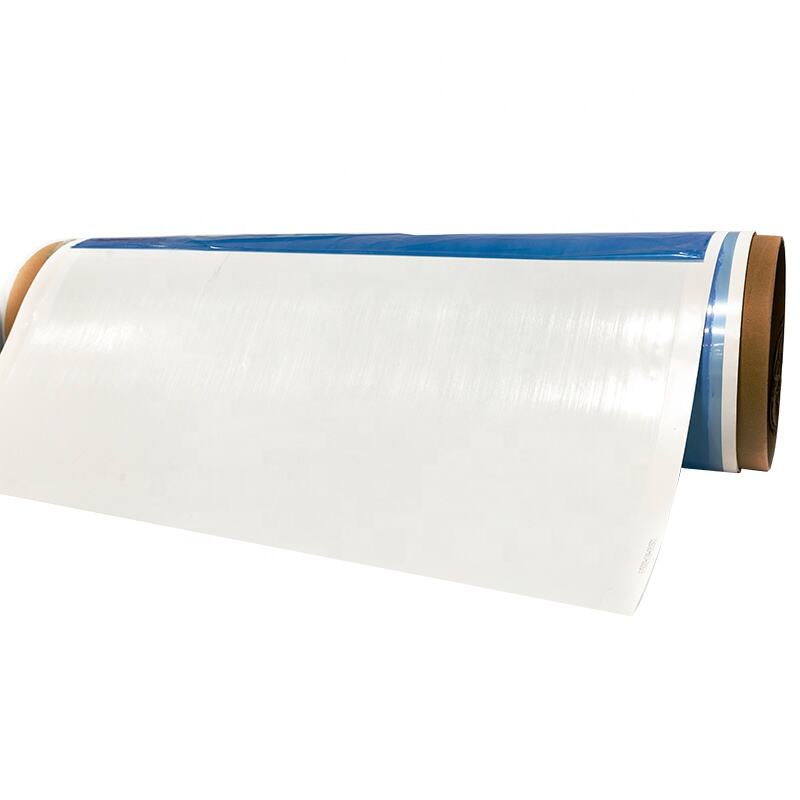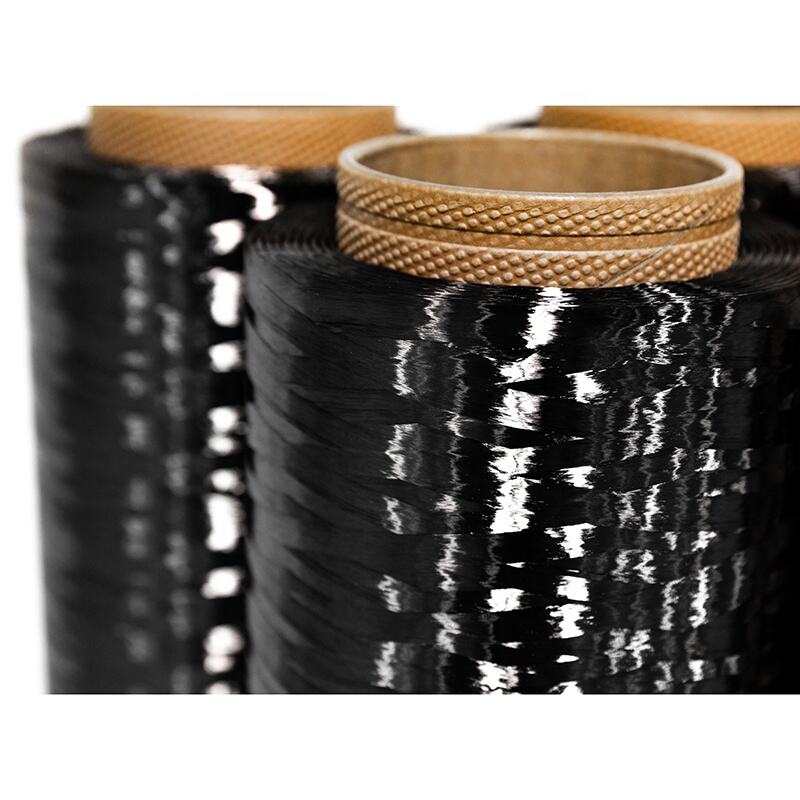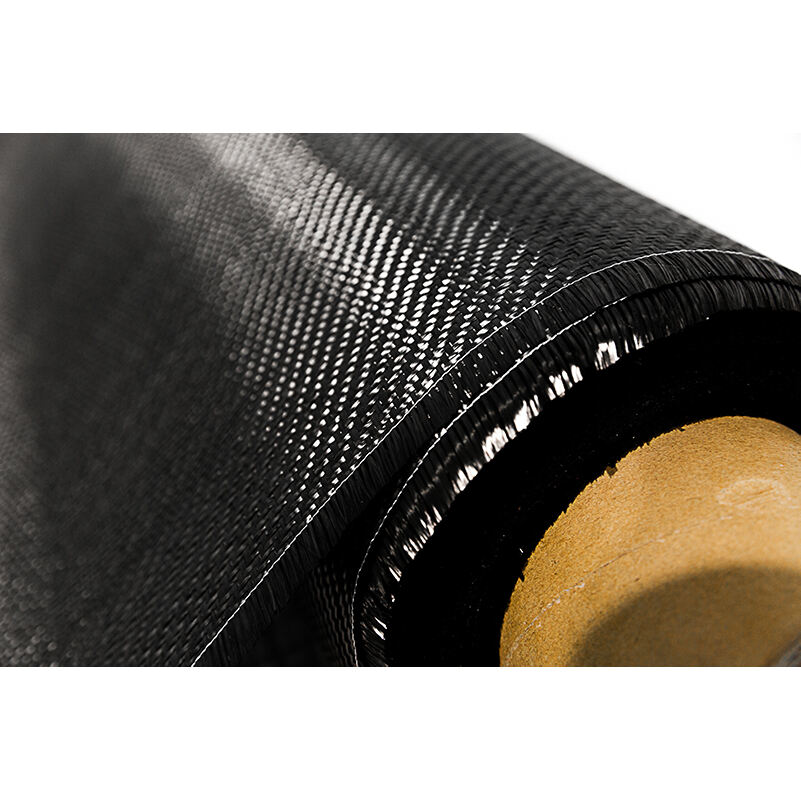cfrp carbon fiber
CFRP (Carbon Fiber Reinforced Polymer) represents a revolutionary advancement in materials science, combining lightweight carbon fibers with durable polymer matrices to create an exceptionally strong composite material. This high-performance material features a unique molecular structure where carbon atoms are aligned in crystalline formations, providing unprecedented strength-to-weight ratios that surpass traditional materials like steel and aluminum. The manufacturing process involves carefully laying carbon fiber sheets and infusing them with thermosetting resins, resulting in a material that exhibits remarkable tensile strength, rigidity, and resistance to environmental factors. CFRP has become indispensable in industries requiring superior mechanical properties while maintaining minimal weight, such as aerospace, automotive manufacturing, and high-performance sports equipment. The material's versatility allows for complex geometries and customizable properties, making it ideal for applications ranging from aircraft components to bicycle frames. Its corrosion resistance and fatigue strength further enhance its appeal for long-term applications in challenging environments. Modern CFRP manufacturing techniques, including automated fiber placement and resin transfer molding, have made the material more accessible while maintaining its exceptional performance characteristics.


